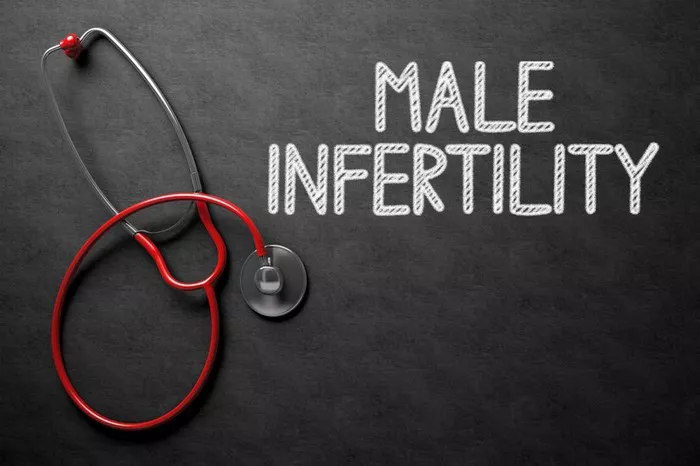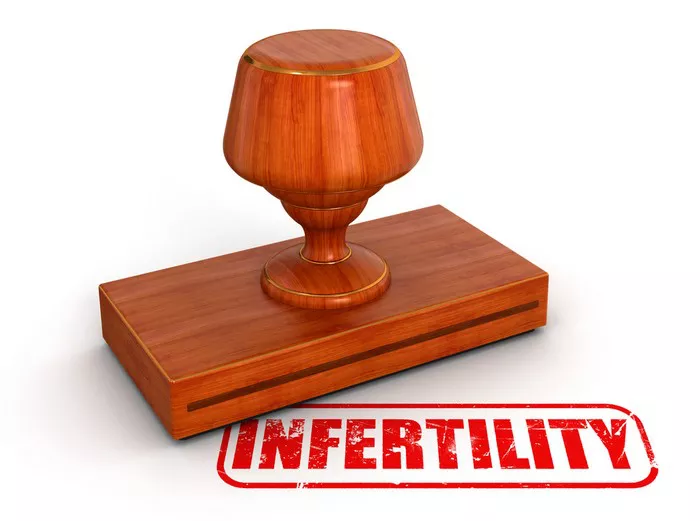Male infertility is a complex and multifaceted issue that affects millions of men worldwide. While fertility problems have historically been associated with women, recent research underscores the significant role men play in conception difficulties. In this article, we delve into two common causes of male infertility: low sperm production and abnormal sperm function. We explore the scientific and medical insights behind these conditions, examining their prevalence, symptoms, diagnostic methods, treatment options, and preventive measures. By shedding light on these factors, we aim to empower individuals and couples with the knowledge needed to address male infertility and pursue avenues to achieve parenthood.
Low Sperm Production
Low sperm production, known as oligospermia, is a prevalent cause of male infertility. Factors contributing to this condition vary widely, encompassing hormonal imbalances, genetic defects, health issues, and lifestyle choices. Hormonal imbalances, particularly involving testosterone, follicle-stimulating hormone (FSH), and luteinizing hormone (LH), can disrupt sperm production. Genetic defects such as Klinefelter syndrome or Y chromosome deletions can also impair sperm development. Certain health conditions like diabetes, obesity, and infections can hinder spermatogenesis. Additionally, lifestyle choices such as excessive alcohol consumption, drug abuse, smoking, and exposure to environmental toxins can detrimentally impact sperm production.
Abnormal Sperm Function
Abnormal sperm function, or teratospermia, refers to structural or functional defects in sperm that impede fertilization. Genetic anomalies, varicocele (enlargement of veins within the scrotum), infections, and antibodies that attack sperm are common culprits. Genetic anomalies like chromosomal aberrations can lead to malformed sperm, reducing their ability to penetrate and fertilize the egg. Varicocele, a common condition affecting the testicles, can increase scrotal temperature, impairing sperm function. Infections such as sexually transmitted diseases may damage sperm quality, while antibodies produced by the immune system can mistakenly target and impair sperm.
Blockages
Blockages in the male reproductive system can prevent sperm from reaching the semen ejaculated during intercourse. Conditions causing such blockages include infections, surgeries (e.g., vasectomy), and congenital defects. Infections like epididymitis or sexually transmitted infections can cause inflammation and scarring, obstructing the passage of sperm. Surgeries like vasectomy, intended for contraception, may inadvertently result in permanent blockage if not reversed. Congenital defects such as cystic fibrosis or absence of the vas deferens can obstruct sperm flow, leading to infertility.
Lifestyle and Environmental Factors
Numerous lifestyle and environmental factors can significantly impact male fertility. Excessive alcohol consumption and drug abuse have been linked to decreased sperm quality and production. Tobacco smoking exposes the body to harmful chemicals that can damage sperm DNA and impair fertility. Obesity and poor diet can disrupt hormone levels and contribute to infertility. Chronic stress may affect sperm quality by altering hormone levels and sperm production. Exposure to environmental toxins like pesticides, heavy metals, and radiation can also impair sperm function and fertility.
Health Issues and Medical Treatments
Certain health issues and medical treatments can compromise male fertility. Chronic diseases such as diabetes, hypertension, and thyroid disorders can disrupt hormonal balance and impair sperm production. Surgeries involving the reproductive system or adjacent organs may inadvertently damage sperm-producing structures. Treatments like chemotherapy and radiation therapy for cancer can suppress sperm production temporarily or permanently, depending on the dosage and duration of treatment.
Age
Advanced paternal age can also impact sperm quality and fertility. As men age, sperm quality tends to decline, characterized by decreased motility and DNA fragmentation. Advanced paternal age is associated with an increased risk of genetic abnormalities in offspring and a reduced likelihood of conception. While women have a well-defined biological clock, men also experience age-related declines in fertility, albeit at a slower rate.
In conclusion, male infertility can stem from various causes, including low sperm production, abnormal sperm function, blockages, lifestyle and environmental factors, health issues, medical treatments, and age-related factors. Understanding these causes is crucial for diagnosis, treatment, and prevention. Medical interventions such as assisted reproductive techniques and lifestyle modifications can help manage infertility. Additionally, seeking support from healthcare professionals and support groups can provide valuable guidance and emotional assistance for individuals and couples navigating infertility challenges.
























